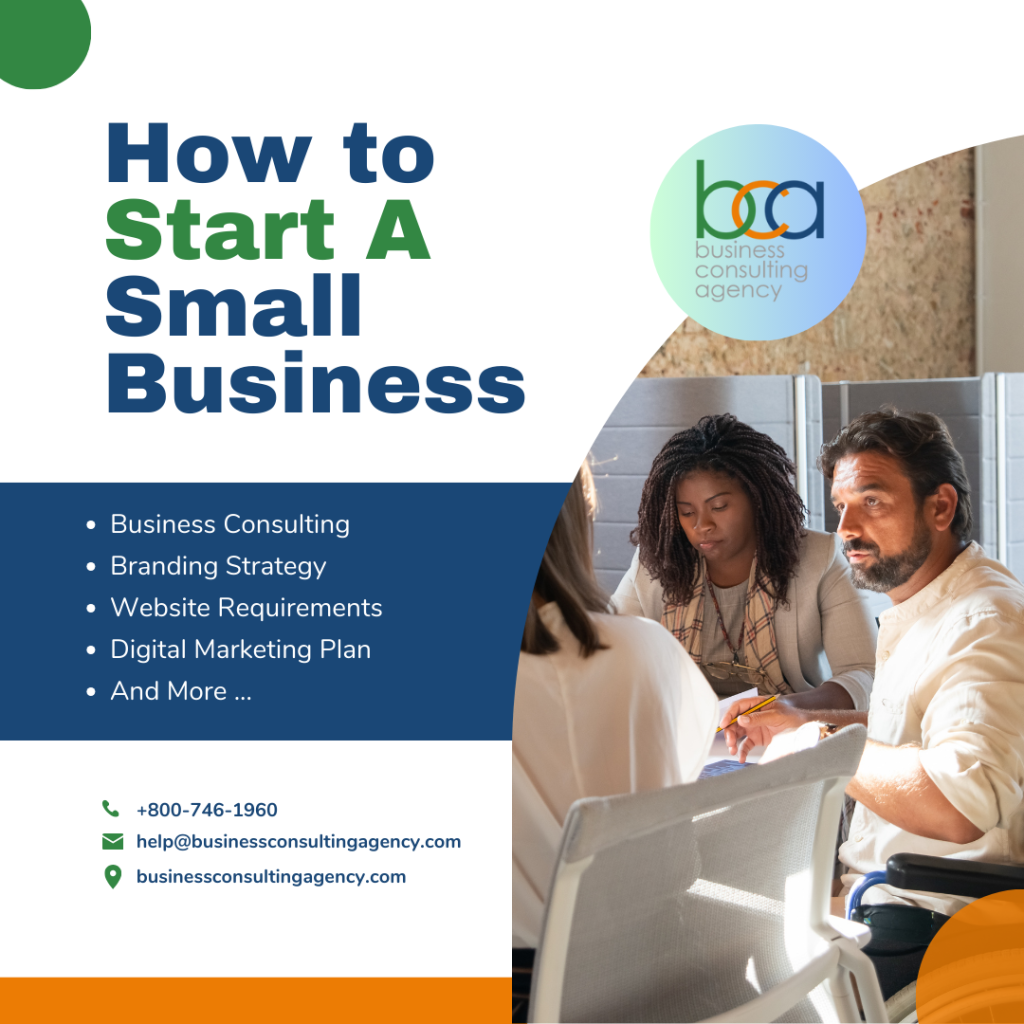
Step 1: Conduct Market Research and Identify Your Niche
Before diving into product development, it’s essential to conduct thorough market research. Understanding the beauty industry, consumer trends, and your competition will help you identify a profitable niche and differentiate your brand.
Niche Selection
- Natural and Organic Products: With growing consumer demand for clean beauty, launching a line of natural and organic cosmetics can be a highly attractive option.
- Vegan and Cruelty-Free: If you’re passionate about ethical beauty, focusing on vegan and cruelty-free products can appeal to a conscientious consumer base.
- Luxury Cosmetics: High-end beauty products with premium ingredients and packaging can cater to a luxury market.
- Specialized Products: Consider targeting specific beauty needs, such as anti-aging, acne treatment, or sensitive skin solutions.
How Consultants Can Help:
Business startup consultants can provide valuable insights during the market research phase. They can help you analyze industry trends, assess the competitive landscape, and identify gaps in the market. Consultants can also assist in defining your target audience and developing a unique selling proposition (USP) that sets your brand apart.
Step 2: Develop Your Product Line
Once you’ve identified your niche, the next step is to develop your product line. This involves creating formulations, selecting ingredients, and ensuring that your products meet safety and regulatory standards.
Product Development
- Formulating In-House: If you have the expertise, you can develop your own formulations, giving you complete control over the ingredients and product quality.
- Contract Manufacturing: Partnering with a manufacturer allows you to develop custom formulations without the need for in-house production facilities.
- Private Labeling: For a quicker market entry, you can choose pre-formulated products from a manufacturer that can be branded with your logo and packaging.
How Consultants Can Help:
Business consultants with expertise in the beauty industry can guide you through the product development process. They can help you choose the right formulation strategy, connect you with reputable manufacturers, and ensure that your products comply with regulations. Consultants can also provide insights on ingredient sourcing, packaging design, and product testing.
Step 3: Create Your Brand Identity
Your brand identity is the face of your cosmetic business. It includes your brand name, logo, packaging, and overall aesthetic. A strong brand identity is crucial for attracting and retaining customers in the competitive beauty market.
Branding
- DIY Branding: If you have design skills, you might create your brand identity yourself, using tools like Canva or Adobe Illustrator.
- Hiring Professionals: Work with a graphic designer or a branding agency to develop a professional and cohesive brand identity.
- Sourcing Packaging: Choose packaging that reflects your brand values, whether that’s eco-friendly materials, luxurious packaging, or minimalist designs.
How Consultants Can Help:
Branding consultants can assist in crafting a compelling brand narrative that resonates with your target audience. They can help you develop a logo, choose packaging designs, and create marketing materials that reflect your brand’s identity. Consultants can also ensure that your branding is consistent across all touchpoints, from your website to social media channels.
Step 4: Set Up Your Online Store and Sales Channels
In today’s digital world, having an online presence is essential for any cosmetic business. Setting up an e-commerce store allows you to reach a global audience and sell your products directly to consumers.
E-Commerce Platforms
- Shopify: A popular platform that offers customizable templates, integrated payment processing, and a variety of apps to enhance your store.
- WooCommerce: A WordPress plugin that allows you to add e-commerce functionality to your existing website.
- BigCommerce: Another robust platform with a range of features tailored for online retail.
- Etsy: For smaller businesses or those just starting, Etsy provides an easy way to reach customers interested in handmade or niche products.
How Consultants Can Help:
Technology and e-commerce consultants can assist in selecting the right platform for your online store. They can help you design and develop your website, set up payment gateways, and optimize your store for search engines (SEO) to attract organic traffic. Consultants can also provide guidance on integrating inventory management systems and setting up fulfillment processes. How to start a cosmetic business includes your digital infrastructure.
Step 5: Develop a Marketing and Sales Strategy
With your products and online store in place, it’s time to develop a marketing and sales strategy to attract customers and generate sales. Effective marketing is key to building brand awareness and driving traffic to your store.
Marketing Channels
- Social Media Marketing: Utilize platforms like Instagram, Facebook, and TikTok to showcase your products and engage with your audience.
- Content Marketing: Start a blog, create video tutorials, or develop other content that educates and entertains your target audience.
- Influencer Collaborations: Partner with beauty influencers to promote your products to their followers.
- Email Marketing: Build an email list and send regular newsletters, promotions, and product updates.
- Paid Advertising: Invest in Google Ads, Facebook Ads, or Instagram Ads to reach a broader audience.
How Consultants Can Help:
Marketing consultants can help you develop and execute a comprehensive marketing strategy. They can assist in creating content, managing social media campaigns, and optimizing your website for conversions. Consultants can also provide insights on influencer marketing, paid advertising, and customer retention strategies to maximize your return on investment (ROI).
Step 6: Manage Operations and Compliance
As your cosmetic business grows, managing operations and ensuring compliance with industry regulations becomes increasingly important. This includes everything from inventory management to quality control and regulatory compliance.
Operations Management
- In-House Management: Manage inventory, production, and quality control yourself or with a small team.
- Outsourcing: Use third-party fulfillment services to handle logistics, allowing you to focus on other aspects of the business.
- Automation Tools: Implement tools for inventory management, order tracking, and customer relationship management (CRM) to streamline operations.
How Consultants Can Help:
Operations and compliance consultants can help you streamline your business processes and ensure that you meet all regulatory requirements. They can assist with setting up quality control procedures, managing supply chains, and optimizing inventory levels. Additionally, consultants can provide guidance on regulatory compliance, helping you navigate the complexities of cosmetic labeling, ingredient regulations, and safety standards.
Step 7: Scale Your Business
Once your cosmetic business is up and running, the next step is to scale and expand your brand. This might involve launching new products, entering new markets, or expanding your distribution channels.
Scaling Strategies
- Product Line Expansion: Develop new products or variations of existing ones to appeal to a broader audience.
- Wholesale and Retail Partnerships: Partner with retailers or wholesalers to distribute your products to a wider audience.
- International Expansion: Explore opportunities to enter international markets, either through direct sales or partnerships with local distributors.
How Consultants Can Help:
Business growth consultants can provide strategic advice on scaling your cosmetic business. They can help you identify growth opportunities, develop new product lines, and explore international markets. Consultants can also assist with securing funding for expansion, whether through investors, loans, or grants.
Conclusion
Starting a cosmetic business is an exciting and rewarding venture, but it requires careful planning, strategic execution, and a deep understanding of the beauty industry. By following the steps outlined in this guide, you can set the foundation for a successful beauty brand. How to start a cosmetic business explained by industry experts.
However, navigating the complexities of launching and growing a cosmetic business can be challenging, especially for first-time entrepreneurs. This is where business startup consultants come into play. With their expertise, insights, and industry connections, consultants can provide invaluable support at every stage of your business journey. Whether you need help with market research, product development, branding, or scaling, partnering with a consultant can significantly increase your chances of success.
Investing in business startup consulting services is an investment in the future of your cosmetic business, providing the guidance and resources you need to turn your vision into a thriving beauty brand. That’s how to start a cosmetic business. For more help, talk to a consultant.








